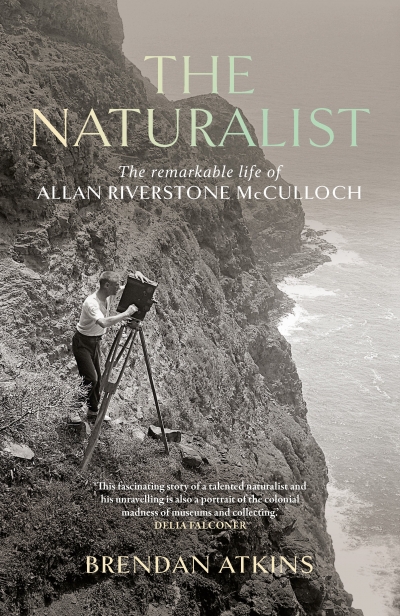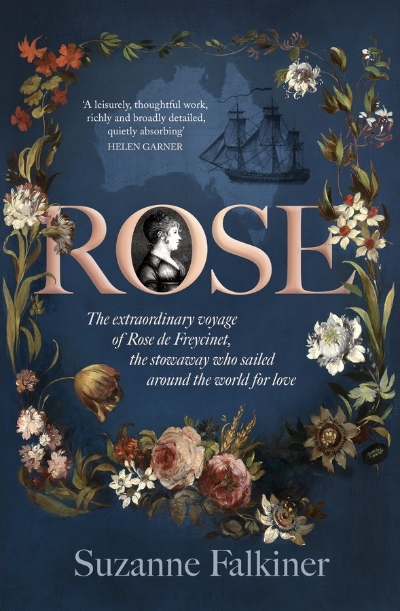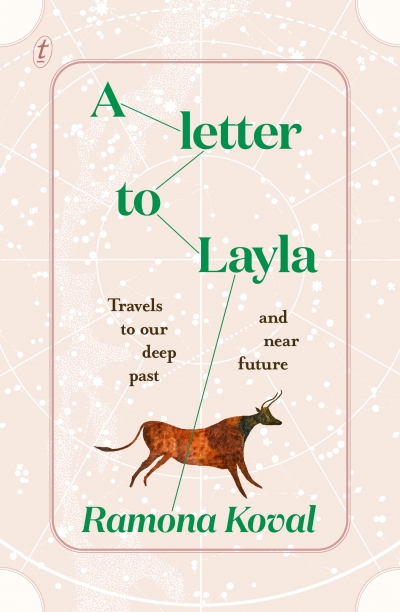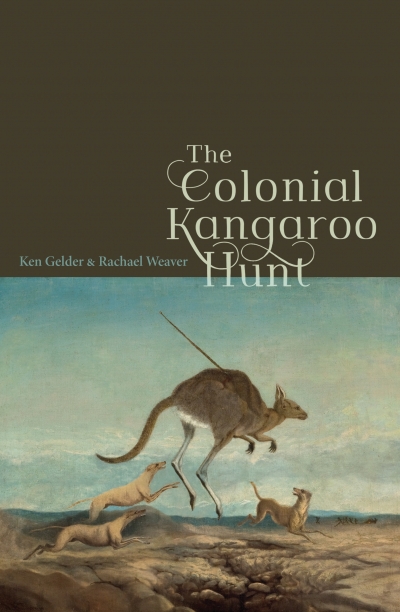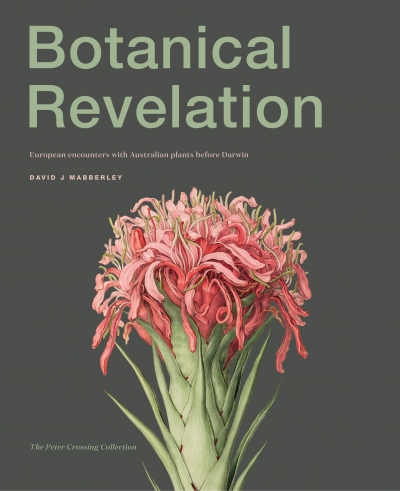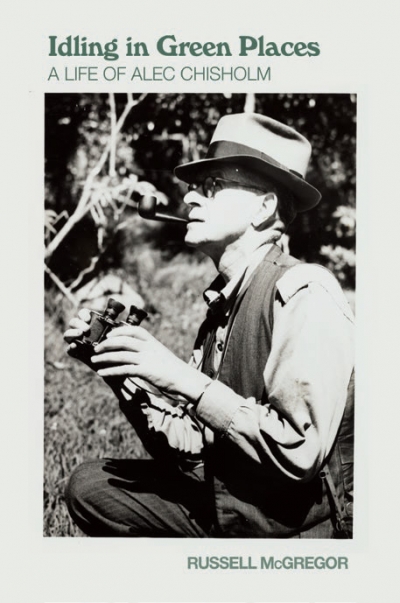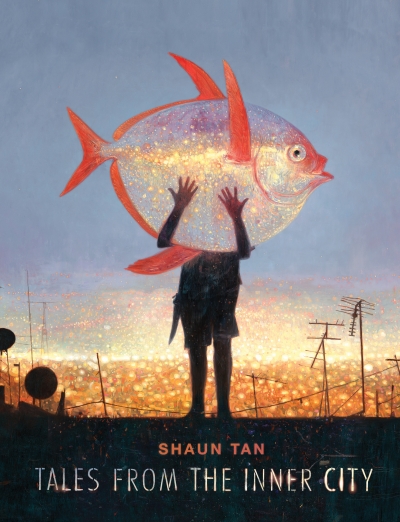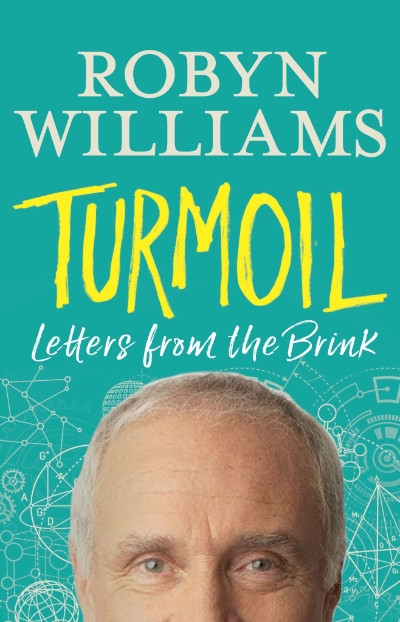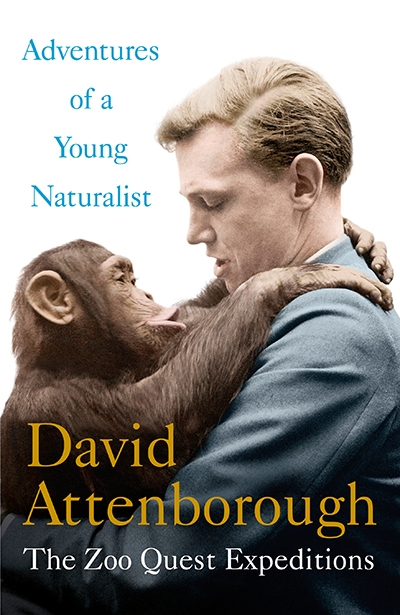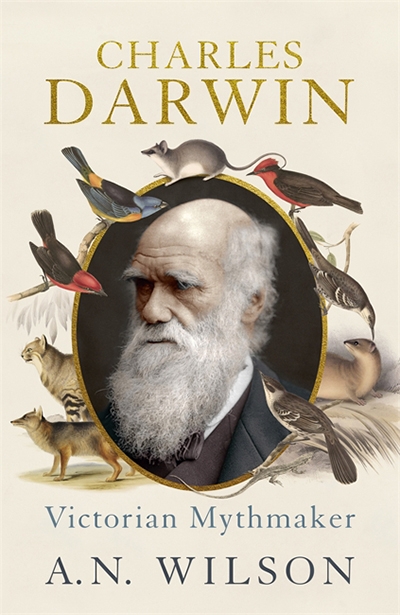Danielle Clode
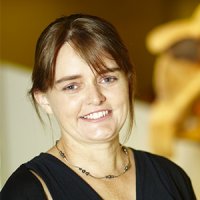
Danielle Clode is an author and associate professor in creative writing at Flinders University whose first book, Continents of Curiosities, was inspired by the natural history collections of Museums Victoria. Her book Voyages to the South Seas won the Victorian Premier’s Award for Non-fiction in 2007. In 2014 she was the ABR Dahl Trust Fellow and her article ‘Seeing the Wood for the Trees’ appeared in the November 2014 issue of ABR. Her latest book is Koala: A life in trees (2022).
The great age of sail – of European exploration and colonisation – is typically depicted as trenchantly masculine, with the only ‘women’ being unpredictable ships and the sea itself. Women have traditionally been considered bad luck, distracting, or not tough enough for life at sea. Nonetheless, historical research is increasingly revealing that many women played active roles at sea, as co ... (read more)
Danielle Clode reviews 'A Letter to Layla: Travels to our deep past and near future' by Ramona Koval
A Letter to Layla is very much a book of our times. Its impetus lies in our rapidly changing climate, and it concludes with the unexpected impact of Covid-19. In between, the book explores both our distant past and our future.
Well known for her past career as an ABC broadcaster, Ramona Koval turns her talent for in-depth interviews and her training in science into an engaging and illuminating bo ... (read more)
As generations of Australian tourists have found, the kangaroo is a far more recognisable symbol of nationality than our generic colonial flag. Both emblematic and problematic, this group of animals has long occupied a significant and ambiguous space in the Australian psyche. Small wonder, then, that Ken Gelder and Rachael Weaver have found such rich material through which to explore our colonial ... (read more)
Plants are one of the first things you notice when you arrive in Australia: the swathes of olive-green trees and a crisp eucalypt scent on the air. It was the first thing many explorers noted, too, whether in Abel Tasman’s 1642 description of an ‘abundance of timber’ or in Willem de Vlamingh’s 1694 descriptions of trees ‘dripping with gum’ and the ‘whole land filled with the fine ple ... (read more)
Australian nature writing has come a long way in recent years. Not only do we have an abundance of contemporary nature writers, but we are also rediscovering the ones we have forgotten. The neglect of Australia’s nature writing history, with its contributions to science, literature, and conservation, is happily being redressed with recent biographies of Jean Galbraith, Rica Erickson, Edith Colem ... (read more)
It is hard to think of a more distinctive and idiosyncratic author than Western Australian Shaun Tan. Winner of the prestigious Astrid Lindgren Memorial Award for children’s literature, Tan’s work has also been recognised by numerous awards in speculative fiction, illustration, and children’s books, including an Academy Award in 2011 (for the animated short adaptation of The Lost Thing). By ... (read more)
In 2014, veteran ABC science broadcaster Robyn Williams was diagnosed with bowel cancer. It was, he reports, his third brush with death, following cardiac arrest in 1988 and bladder cancer in 1991. His description of the experience, including surgical reduction of his gut and rectum and subsequent debilitating chemotherapy, is brief but graphic. He has survived, but the experience, as he puts it, ... (read more)
David Attenborough turned ninety last year. In a short animation celebrating his birthday, two Aardman penguins muse on their first meeting with the famous naturalist. ‘There’s something just about him,’ says the first penguin. ‘I don’t know why you wouldn’t love David Attenborough,’ declares the second. Indeed, it is hard to find anyone who does not admire Attenborough. Over the dec ... (read more)
Millions of words have been printed by and about Charles Darwin. There are hundreds of biographies, the dozens of books he wrote (including his own autobiography), as well as various pamphlets, essays, correspondence, diaries, manuscript notes, and other ephemera. Fascinating though the man and his work is, it must be hard to come up with anything new to say about him.
Perhaps this is why A.N. Wi ... (read more)

